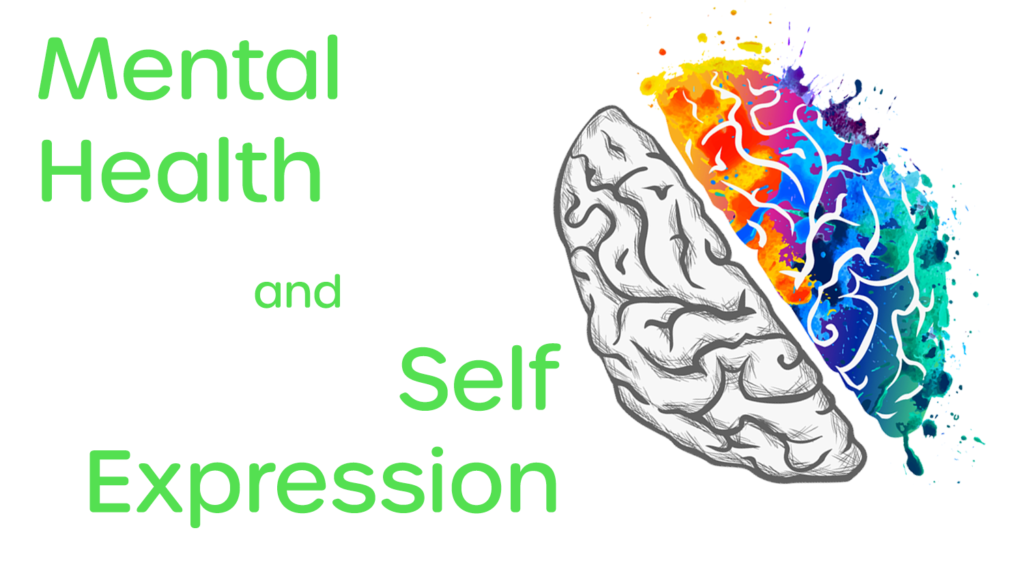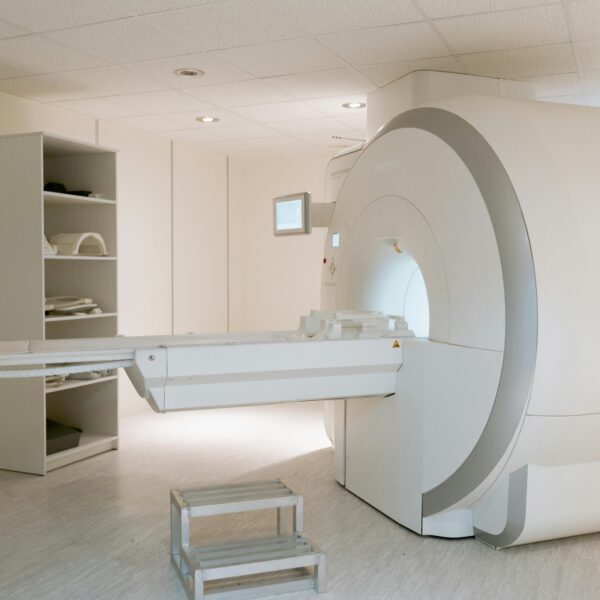May is Mental Health Month, so, in honor of that, we wanted to talk about self expression. While at work, we face many forms of restriction that were considered an innate part of office life until 2020. After the COVID pandemic proved that we could work from home, dressed comfortably with the ability to enjoy the familiarity of home life during stressful work hours, offices quickly began changing office lifestyle restrictions in order to encourage their people to come back in.
These efforts have created a wave of change that is beginning to sweep through working life, bringing social and health awareness, creativity, and individualism to the forefront of many companies. Whether yours has come to the realization of the benefits that come with comfort in the workplace or not, the facts are still there: self-expression in the workplace leads to healthier, happier, and more productive employees.
So how exactly does one express themselves to believe some of that workplace or workday stress? Take a look at some of our favorite examples below!
Relaxed Office
In recent years, offices around the country have begun relaxing their ‘professional’ dress codes. This gradual process was sped up when the difficulties of COVID came into play, leading people to adjust quickly to working from home or in a far more relaxed office space.
In order to keep employees happy during such a difficult time, and the following Great Resignation, workplaces have begun permanently adopting these flexible policies, This rapid change has given us many new opportunities for self-expression in the workplace, so take a look at some of our favorites below:
· Physical Expressions: Hair, nails, tattoos, and other physical expressions have been restricted in offices for many years, but a relaxed office policy often means that those restrictions are lifted. Physical forms of expression can be expensive and long-term, even permanent in some cases, so where it may not have been financially sound to risk your job for expressive body décor before, you can now enjoy feeling comfortable in your own skin and as you want to be seen.
· Desk Décor: How you express yourself physically is important, but it is not the only form of expression you can have in a workplace. Decorating a desk or a workspace is a great way to create a feeling of comfort and familiarity that keeps you focused and relaxed while you work.
· As a Leader: Even if you believe that you have created an open culture in your office that allows for creativity, it may not come through to others as clearly as you think it does. Take time to encourage others to express themselves as they see fit in the office either by directly stating it or leading by example. Not everyone comes from the same career background, so reassurances might be necessary before people begin to participate and enjoy themselves.
Strict Office
While strict office cultures are proving to be on the decline, they are not completely gone just yet. Learning how to navigate a strict office culture while still allowing room for self-expression can be a little difficult at first, but getting creative about it is half the fun!
· Uniform Accessories: Uniforms and dress codes are a great way for a company to look professional and united, but can leave employees feeling creatively strangled. Thankfully, there are enough odds and ends to slip in a sense of comfort on an everyday outfit, if you know where to look. Outfits are filled with accessories, from socks to hair ties and all the lanyards between, so if jewelry or shoes are not your preferred forms of expression, then get creative with some of the less regulated aspects of a uniform.
· Internal Organization: In strict settings, the best forms of expressions are ones that scratch a satisfying itch without affecting others. A great example of this is office locker or drawer organization. While it may seem silly to have your expression tucked away in a desk, the fact is that most companies care very little about the inside of your desk, so long as it doesn’t attract bugs. Taking the time to get folders, baskets, and other organizational tools to make you feel a little more at home can not only help you relax, but also make you more productive.
· As a Leader: There is nothing wrong with a classically professional office, but not allowing employees to express themselves in their work life can create unnecessary tensions and stress. This can lead to low-productivity and high turn-over, so allowing for concessions to a strict dress code or décor policy can go a long way.
Post-Work
Expressing yourself during work is only half the battle. Even in the best workplaces, it is likely that you mentally take home some of your work. You might be stuck on trying to find a solution to a problem or be distressed over an interaction. Neither option is healthy to obsess over, especially not once you are off the clock.
Learning how to express your feelings about work in a healthy way is a practice that takes time to master. Take a look at some of the less obvious tips and tricks for releasing work-related stress so that you can enjoy your time off sooner rather than later.
· Creative Social Media: While it is easy to see why people might be cautious over places like TikTok or Instagram being good ways to relax and feel better, given their history of doing the opposite to many people, the fact is that social and creative platforms are a great resource. Whether you talk about your experiences at work or commiserate with others who work in a similar field, you can often find that social media is filled with sympathetic friends who are ready to validate how you feel.
· Regular Ritual: Sometimes, we need to de-stress as soon as we leave work. Maybe it was a particularly hard day or maybe you just don’t like driving while stressed. In any case, it might be time to set up a regular de-stressing ritual. The idea is to create a mantra, set of movements, or combine other forms of expression to create a routine that, once you go through it, you find yourself distracted from work and relaxed. This takes time to build as an effective ritual, as its effectiveness is almost entirely psychological, so the sooner you start it, the more effective it will be when it is most needed.
· As a Leader: As long as your employees are not wearing company logos or using the company name outside of work, they should not be punished for what they say or do by the company, with the obvious exception of police officers, doctors, or other people in positions of power and authority. If there are no clear indications to the general public as to who they are criticizing, then take what they say to heart, but do not retaliate or punish them for it. It is not bad to bring it up in order to find solutions, but, if they are not directly representing the company, then punishing their decompressing forms of expression will cause more problems than it could ever fix.
Mental health is an evolving science. While we have a much better grasp on it now than we did ten, or even five, years ago, we still have much to learn. If you are looking for an opportunity to help as a provider, check out our job board to apply directly to new opportunities. If you are looking for something different than what we have there, send us an updated resume and we’ll connect you with a recruiter as soon as possible.











